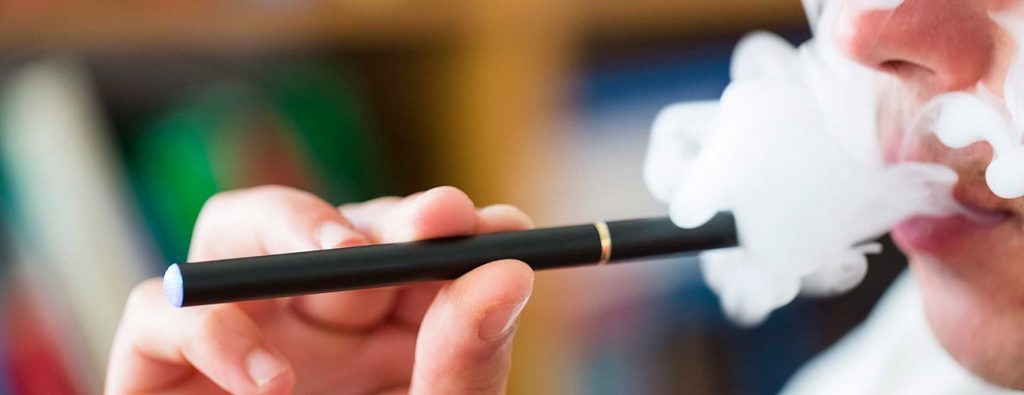Is Vaping Bad for You?
Vaping is often considered less harmful than smoking traditional cigarettes due to the absence of combustion and the reduced number of harmful chemicals. However, vaping still involves inhaling aerosols and potentially addictive substances like nicotine. Long-term health effects are still being studied, but some concerns include potential lung damage, cardiovascular issues, and addiction.
What are the Main Components of E-liquids?
E-liquids typically contain propylene glycol (PG) and/or vegetable glycerin (VG), flavorings, and often nicotine. PG and VG serve as carriers for flavorings and nicotine, creating the vapor when heated. Flavorings can vary widely and may include natural or artificial ingredients.
Is Secondhand Vape Harmful?
Exposure to secondhand vape aerosols can expose non-vapers to some of the same chemicals present in e-cigarettes. While it generally contains fewer toxicants than cigarette smoke, it’s still advisable to avoid exposure, especially for vulnerable populations like children and pregnant women.
Can Vaping Help You Quit Smoking?
Some smokers use vaping as a tool to reduce or quit smoking cigarettes. Research suggests vaping can be an effective smoking cessation aid for some individuals, but it’s not without risks. Consulting healthcare providers for guidance on cessation methods is advisable.
What are the Risks of Nicotine in Vaping?
Nicotine in e-cigarettes can be addictive and may have adverse effects on adolescent brain development. It can also elevate heart rate and blood pressure. Nicotine-free options are available, catering to those who wish to avoid nicotine altogether.
Are Vape Devices Safe?
Regulated vape devices with proper maintenance and use are generally safer than unregulated (mechanical) mods. Regulated devices incorporate safety features like short circuit protection, whereas mechanical mods require more user knowledge and caution.
Can Vaping Cause Popcorn Lung?
“Popcorn lung” refers to bronchiolitis obliterans, a severe respiratory condition associated with inhalation of diacetyl, a chemical once used in artificial butter flavoring. While diacetyl is present in some e-liquids, levels are significantly lower than in traditional occupational exposures linked to popcorn lung.
Is Vaping Legal?
The legal status of vaping varies globally and can change rapidly. In many countries, vaping is regulated similarly to tobacco products. It’s essential to be aware of local laws and regulations regarding sales, advertising, and public use of vaping products.
What are the Short-term Effects of Vaping?
Short-term effects of vaping can include throat and mouth irritation, dry mouth, coughing, and nausea, especially when first starting or using high-nicotine e-liquids. These effects typically diminish with continued use or adjustments to vaping habits.
Can Vaping Lead to Smoking?
There is concern that vaping may act as a gateway to smoking traditional cigarettes, especially among youth. Studies examining this relationship are ongoing, and public health efforts aim to prevent underage vaping to mitigate potential future smoking rates.
How Should Vape Devices and Batteries be Handled?
Proper handling of vape devices and batteries is crucial for safety. This includes using the correct charger, avoiding overcharging, and inspecting batteries for damage. Safe storage in cases or holders and keeping devices away from extreme temperatures are also recommended.
What Should You Do in Case of a Vape-related Emergency?
In the event of a vape-related emergency, such as a battery overheating or device malfunctioning, safely remove the device from your person and place it on a non-flammable surface. If a fire occurs, use a fire extinguisher or fire blanket. Seek medical attention for any injuries.
Conclusion
Vaping presents a complex landscape of potential benefits and risks. While it can be a harm reduction tool for smokers, especially when used to quit smoking, it’s not without health concerns. Understanding the components of vaping products, their potential effects, and practicing responsible use are essential steps in maximizing safety. Staying informed about current research and regulatory developments can help individuals make informed decisions about vaping. Always consult healthcare providers for personalized advice, especially concerning smoking cessation or managing health concerns related to vaping.


